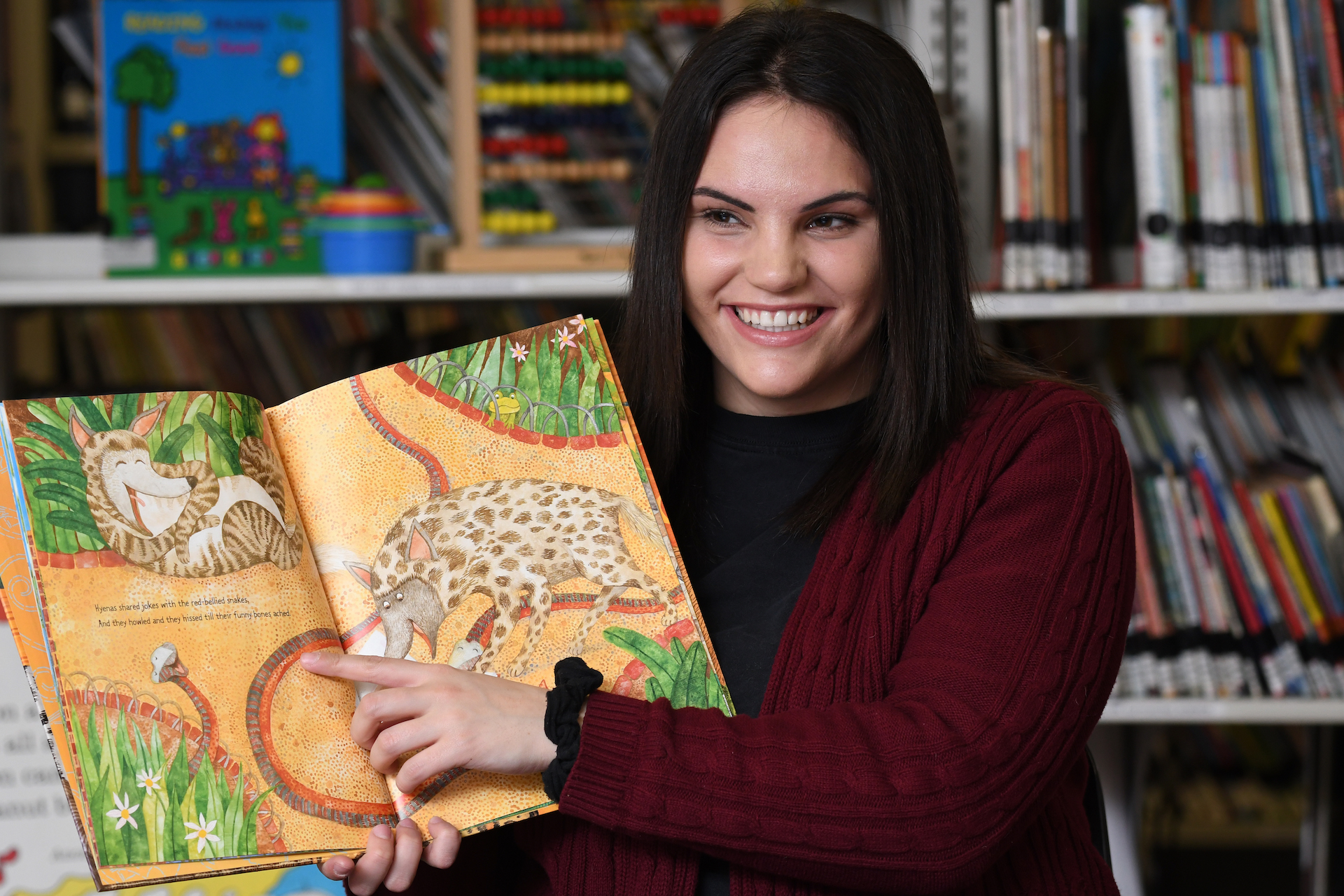Thursday, Apr 30, 2020
Students may elect to pursue a master's or certificate beginning this fall
by Keith Fernbach
Starting in the fall of 2020, Rider University’s Master of Arts in Special Education and Teacher of Students with Disabilities Certification program will be offered 100% online.
While the pandemic has led may traditional programs to transition to remote formats, the decision to create the online special education program was made before the COVID-19 crisis to support student needs. The fully online format is part of an effort to further accommodate the needs of potential students, many of whom are looking to earn advanced credentials without disrupting their full-time teaching careers. While instruction is online, the professors are available on campus to meet in person if the student desires.
“We understand that our graduate students have busy lives outside of the classroom, whether it’s raising families, working or other pursuits,” says Dr. Diane Casale-Giannola, the director of special education programs at Rider. “This new format will make the program accessible to more students and give them greater flexibility to complete their coursework on their own schedule.”
Casale-Giannola adds that while the program will be moving fully online, it will stay the same in two critical areas. “We are working diligently to keep the integrity of the program by maintaining the same rigorous coursework and dedicated student personal support that have become a trademark of the Rider experience,” she says.
Rider’s special education program is designed to help students understand the nature and causes of disabilities, become familiar with agencies and resources for persons with disabilities, and learn best practices for teaching students with disabilities.
Students have the option of choosing between the Teacher of Students with Disabilities graduate education certification program or the Master of Arts in Special Education program.
The certification program includes the 21 credits required by the State of New Jersey for endorsement as a Teacher of Students with Disabilities. Candidates who possess a current New Jersey instructional elementary, secondary, or P-3 (preschool through grade 3) certification can apply to the program. The seven-course curriculum covers topics including autism spectrum disorder, applied behavior analysis, inclusive educational practices, transition to adult life, assessment and instructional practices for children with disabilities.
For an additional nine credits, students can earn a Master of Arts in Special Education. The master’s program is 30 credit hours and includes the same curriculum as the certification program, plus three other courses: "Introduction to Research"; "Literacy and Students With Special Needs"; and "Professional Seminar in Special Education."
If a student enters the program with the Teacher of Students with Disabilities (TOSD) teaching certification, up to three classes are waived and students may choose a number of strands to compensate for those waived courses including a Reading Specialist certification by taking three additional online courses, or concentration in strands such as autism, organizational leadership, teacher leadership, gifted students or life coaching. Thus, choice and interest are a large factor for these candidates.
One of Rider’s objectives in taking the program online is to help meet the growing nation-wide need for qualified instructors who can work with children who have special needs.
“More and more students with severe cognitive disabilities are being included in the general education classroom,” says Casale-Giannola, adding that on average 10-20% of students in any given school district are now considered as having special needs.
Furthermore, she says that an increasing number of children are being diagnosed with autism spectrum disorder (ASD). Nationally, one in 59 children has been diagnosed with ASD, while in New Jersey the number is even higher, at one in 34. If students opt for the autism strand they will earn a Rider Certificate in Autism that will help meet the needs of schools that serve the ASD population.
“With the rise in the special-needs student population, we’re trying to make our program more available to support interested special educators and future special educators, and ultimately to meet the needs of these children, either in special education settings or inclusive settings,” Casale-Giannola says. “Many teachers would like to support students with special needs, but they do not have the confidence, experience, or expertise to do so. We’re teaching them the necessary skills to help them accomplish this goal.”
Those who are interested in learning more about Rider’s online graduate programs in special education may contact Dr. Diane Casale-Giannola at dgiannola@rider.edu or Jamie Mitchell in graduate admissions at jmitchell@rider.edu.

